Reflections on Palestinian Strategy

The reason Palestinians face a bleak political situation is due in large part to the absence of strategic thinking, argues Al-Shabaka Policy Member Amal Ahmad. She reflects on the need for strategies that confront Israel’s ultimate vision and directly target the weak points in its armor to avoid ineffective efforts or unwanted results.
Palestine-Israel: Europe Drowning in America’s Failures
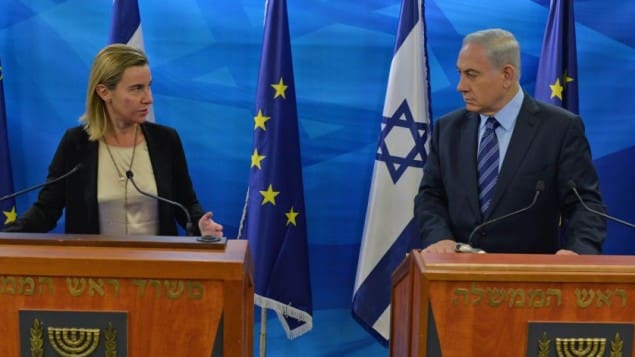
On January 18 the European Union Foreign Affairs Council may decide additional measures against Israel’s illegal settlement enterprise. Al-Shabaka Policy Advisor Sam Bahour and Guest Author 24493 urge the EU to bypass the US and take the lead in bringing about a just resolution to the conflict, saving themselves money and ending a key source of regional instability.
Palestinian Citizens in Israel: A Fast-Shrinking Civic Space
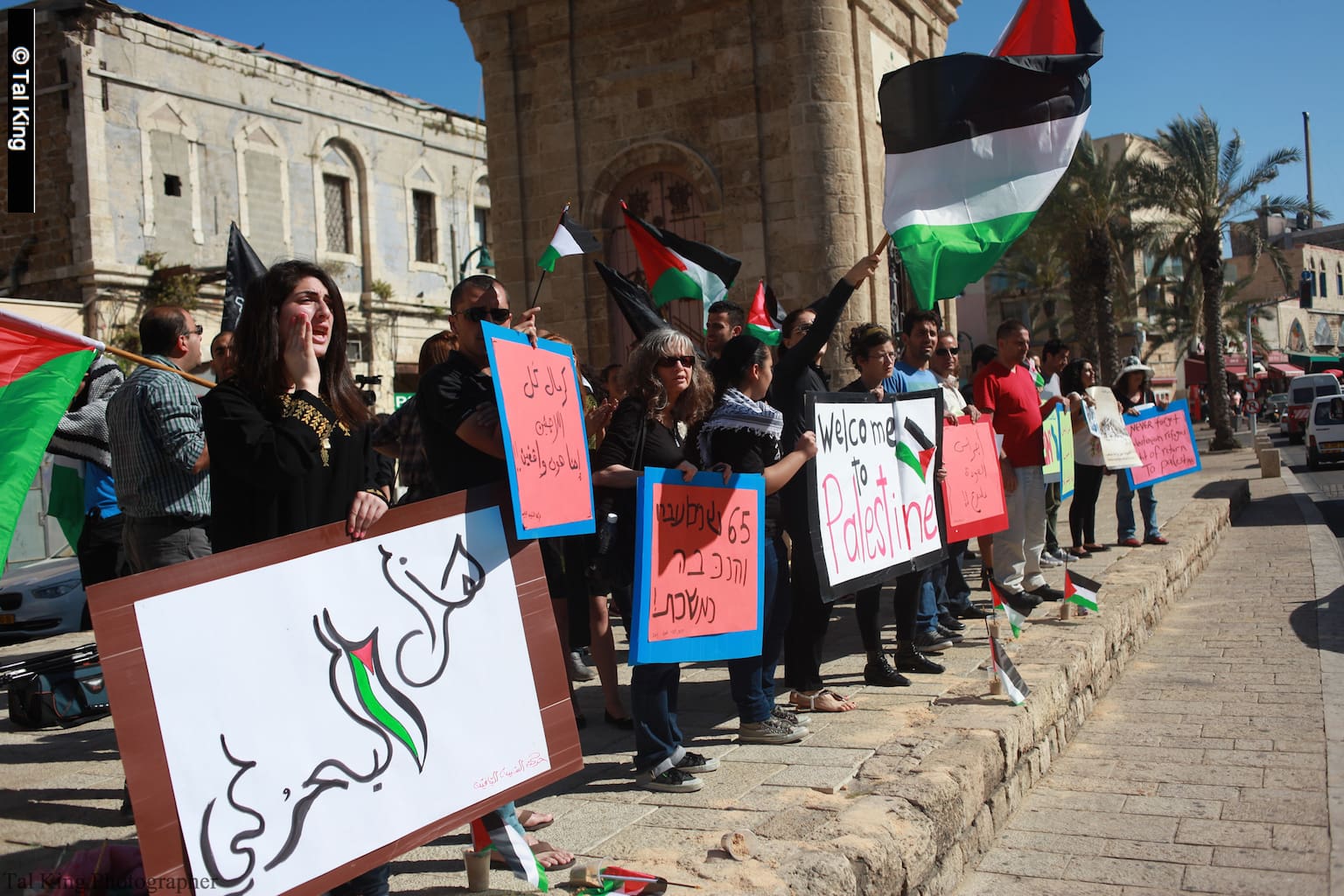
The New Year brought further attacks against the Palestinian citizens in Israel’s rights to exercise freedom of speech and association. Left-wing Israeli Jewish organizations are also under increasing pressure. Al-Shabaka policy members Nadim Nashif and 24538 analyze the impact of these attacks by both the Israeli government and right wing organizations espousing an extremist ideology.
How Israeli Settlements Stifle Palestine’s Economy
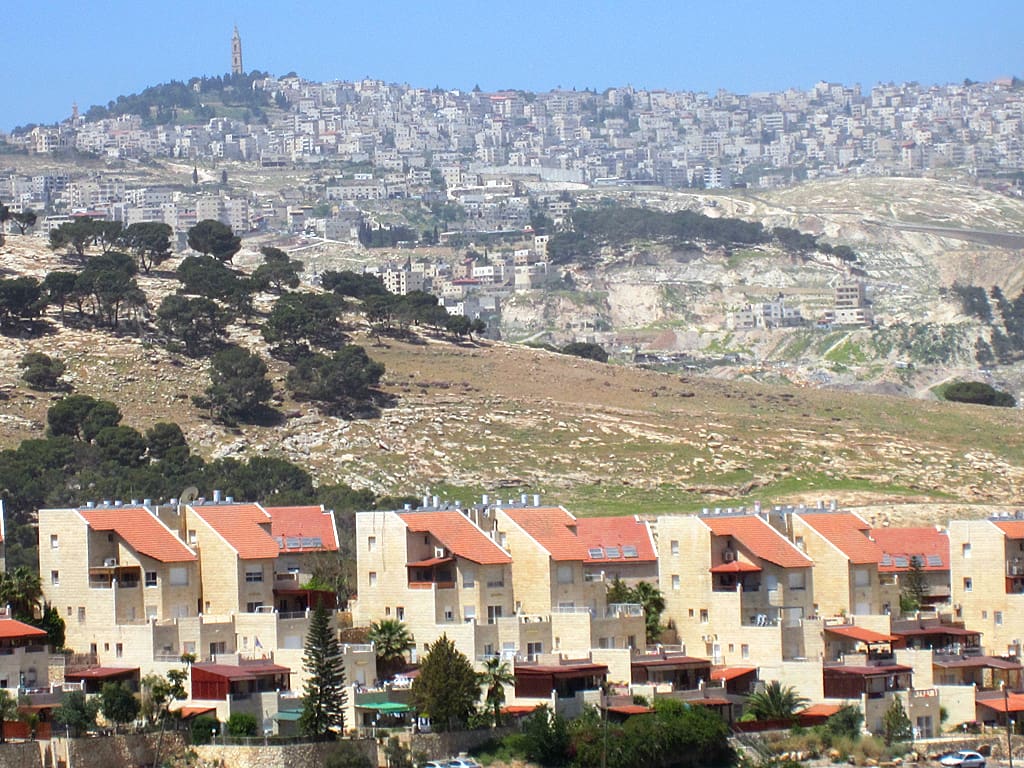
Israel is marshaling pro-Israel forces in Europe as well as in the US against the European Union’s recently issued guidelines on labeling some of its settlement products, for fear that this will lead to stronger measures. Al-Shabaka’s Nur Arafeh, Samia al-Botmeh and Leila Farsakh debunk Israel’s arguments both as regards the impact on the Palestinian economy as well as on Palestinian workers.
Palestinian Youth Revolt: Any Role for Political Parties?
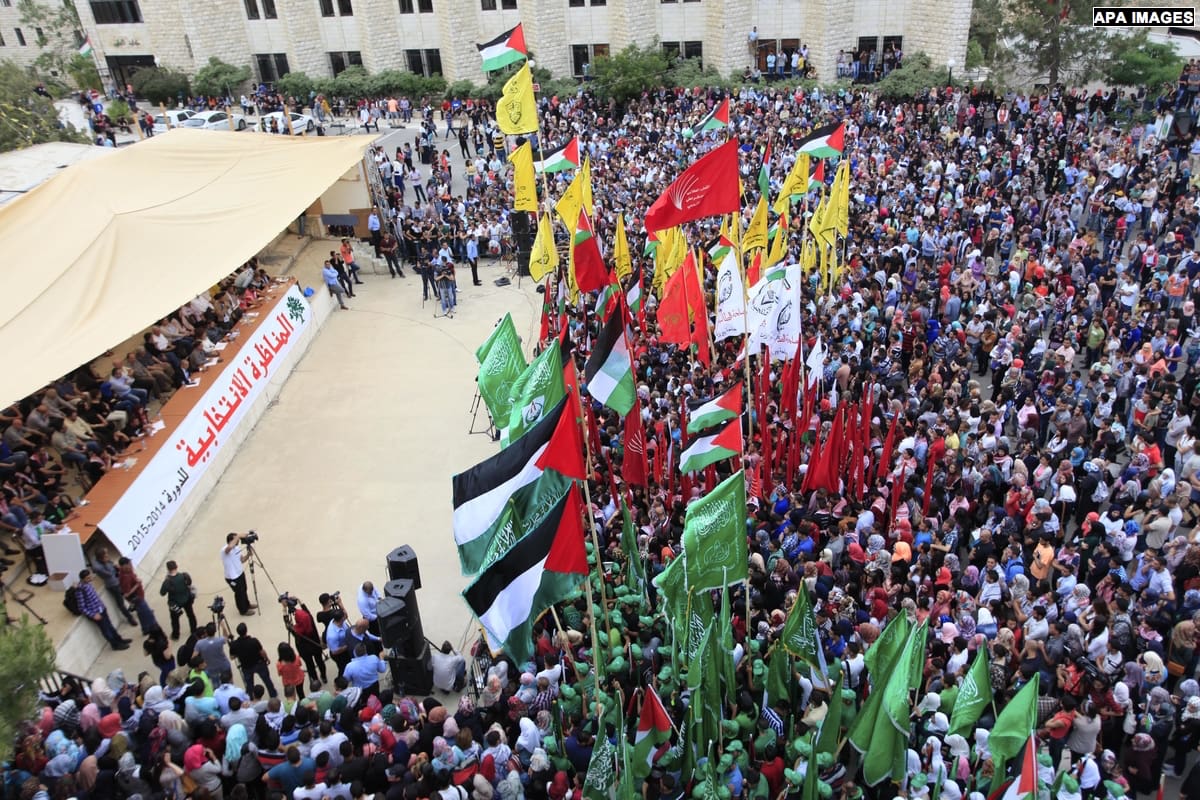
Palestinian parties remain entrenched in the political system despite their splits and weaknesses. What role can they play within – or outside – the PLO and what other avenues exist for national or local leadership? While some Al-Shabaka policy analysts offer ideas beyond the current political set-up, others suggest ways to make the current structure work.
ICT: The Shackled Engine of Palestine’s Development

World attention has been focusing on the Palestinian revolt against Israel’s military occupation. Meanwhile, plans were reportedly still going ahead for an Israeli release of frequencies required for long-awaited 3G and even 4G systems and services. Al-Shabaka analysts Nur Arafeh, 24584, and Sam Bahour provide an incisive account of Israeli obstacles to the Palestinian sector’s development that have led to hundreds of millions in direct losses and lost opportunities.
The Palestine State Project in Question
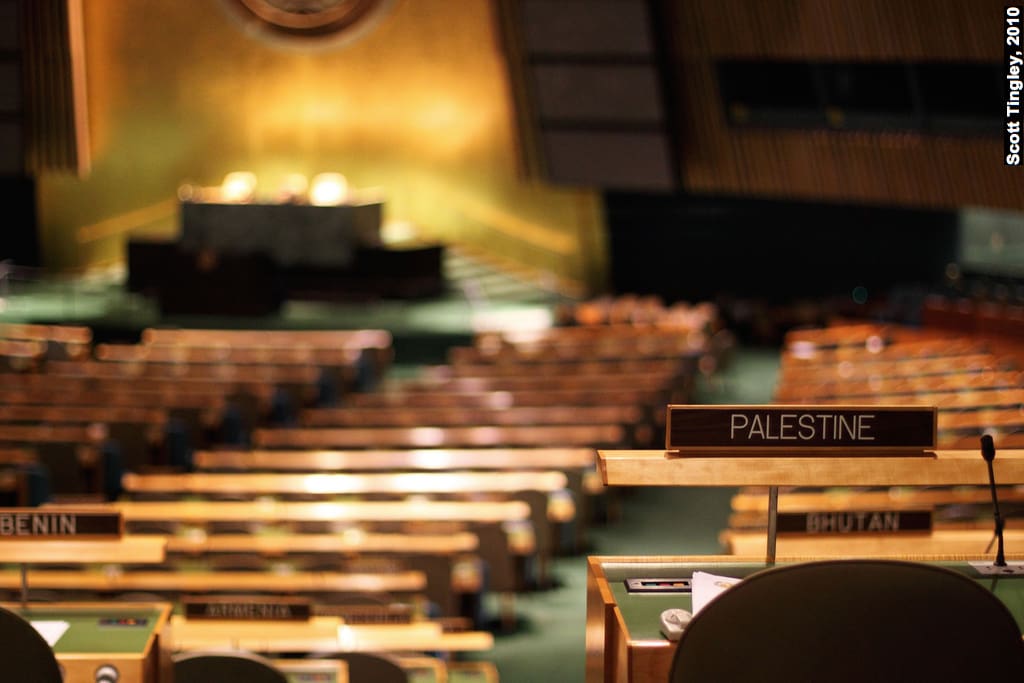
Mahmoud Abbas raised the Palestine flag at the UN just as a Palestinian revolt against Israel’s decades-long denial of rights spread from Jerusalem to the rest of the occupied territory and Israel itself. Al-Shabaka Executive Director Nadia Hijab examines the already serious limits state and civil society face in making the Palestine State project a reality.
Palestinian Refugees From Syria: Stranded on the Margins of Law
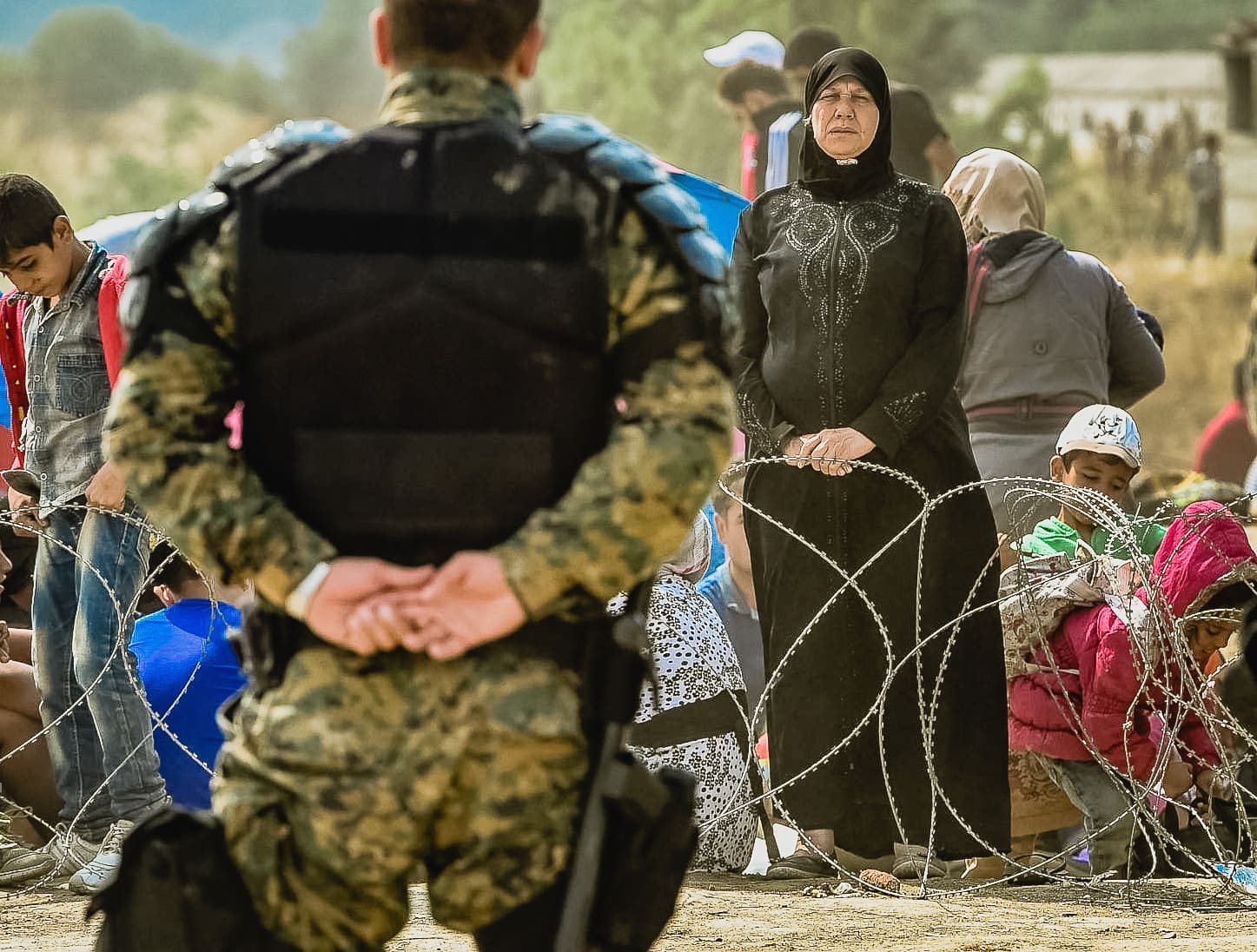
Al-Shabaka policy analysts Mai Abu Moghli, 24508, and Nell Gabiam analyze the effects of the war in Syria on Palestinian refugees through a succinct, country-by-country analysis of the legal and social obstacles they face. They examine the discriminatory legal framework that is being applied to the Palestinian refugees from Syria by Arab countries as well as by the international community, and underscore that the Israeli government’s denial of the right of return of Palestinian refugees – in violation of international law – is a major factor in the current vulnerability of the Palestinians of Syria.
Read Their Lips: Israeli Leaders’ Plans for the Palestinians
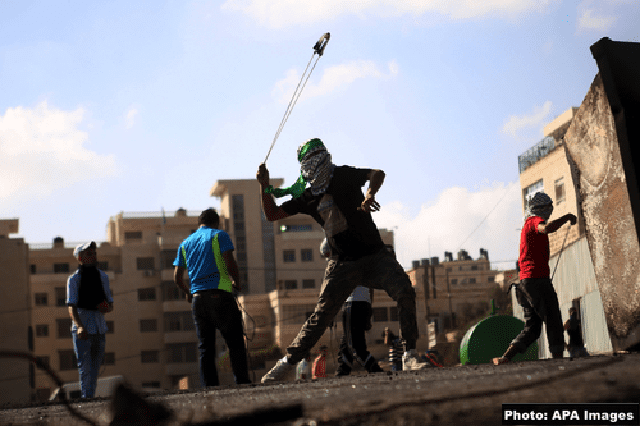
History in the Holy Land seems stuck in a loop. In 2000, former Israeli Prime Minister Ariel Sharon, at the time leader of the opposition, visited the al-Aqsa compound in a deliberate provocation that triggered the second Intifada. Israel launched operation “Defensive Shield” to crush the protests and eliminate the Palestinian resistance. As a result, more than 3,000 Palestinians and almost 1,000 Israelis lost their lives between 2000 and 2004, and the peace process was forever derailed.








